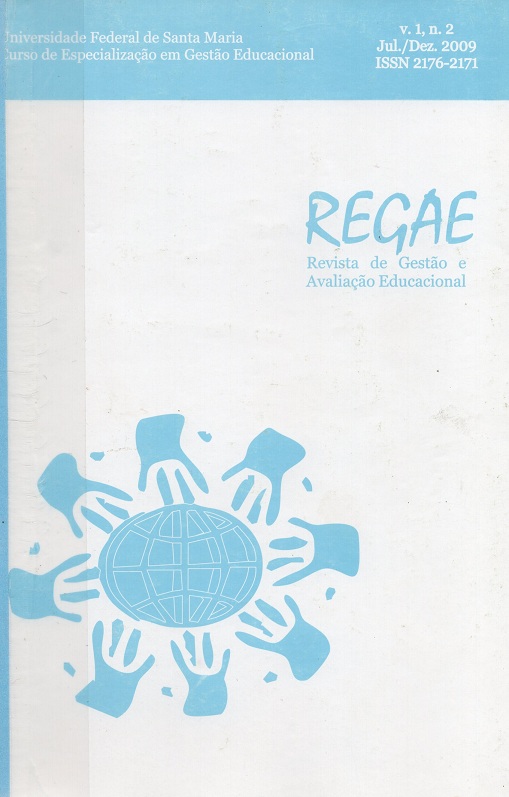Evaluation in the teaching of history: meanings and means
DOI:
https://doi.org/10.5902/2318133829260Abstract
This paper is constituted like part of the inquiry carried out in the Master's degree in Education of the UFSM, when there are here problem some of many meanings of the evaluation of the apprenticeship and present like proposal, activities that intensify the dialogs to the detriment of the exclusiveness of the content. The employed methodology is the case study (Ludke; André, 1986), as soon as it investigates the subject of the evaluation in his peculiarity, understands them to me same inside the multiplicity of the education and of the context in which it is shown. His qualitative approach is dedicated to know the subject as pertaining to a process and interprets the evaluation through the meaning that the subjects themselves give to the things and to his life. I use like fountain of data a questionnaire on the representation of the teacher of History, directed for the academics of the course of Pedagogy of a fifth one semester 2009. The references follow for Aróstegui (2006); Bezerra (In: KarnaL, 2005); Vasconcellos (2001); Hoffmann (2003); Joychelovitch (1998) and Henriques (In: Azevedo, 2006).
Key-words: evaluation, teaching history, formation teacher
Downloads
Downloads
Published
How to Cite
Issue
Section
License
Authors keep copyright and concede to the magazine the right of first publication, with the work simultaneously licensed under the Creative Commons Attribution 4.0 International, non-commercial license with no derivative work, which allows to share the work with no author recognition and initial publication in this magazine.
Authors has authorization to overtake additional contracts separately, to distribute a non-exclusive version of the work published in this magazine: For example: to publish in an institutional repository or as a chapter of a book, with authorial recognition and initial publication in this magazine.
Authors are allowed and are encouraged to publish and distribute their work online. For example: in institutional repositories or in their own personal page – at any point before or during the editorial process, because this can result in productive changes, as well as increase the impact and the mention to the published work.






